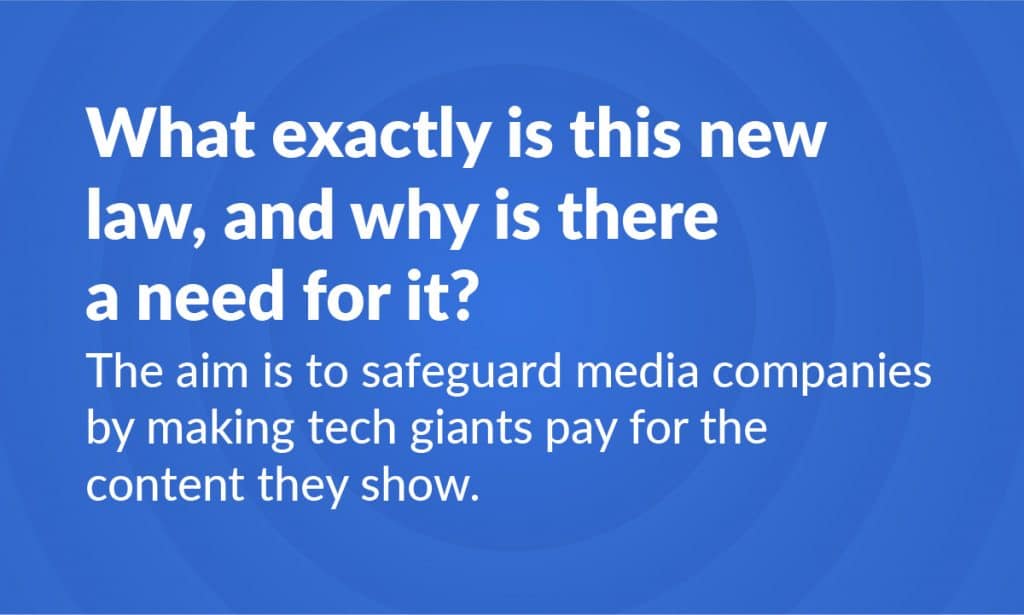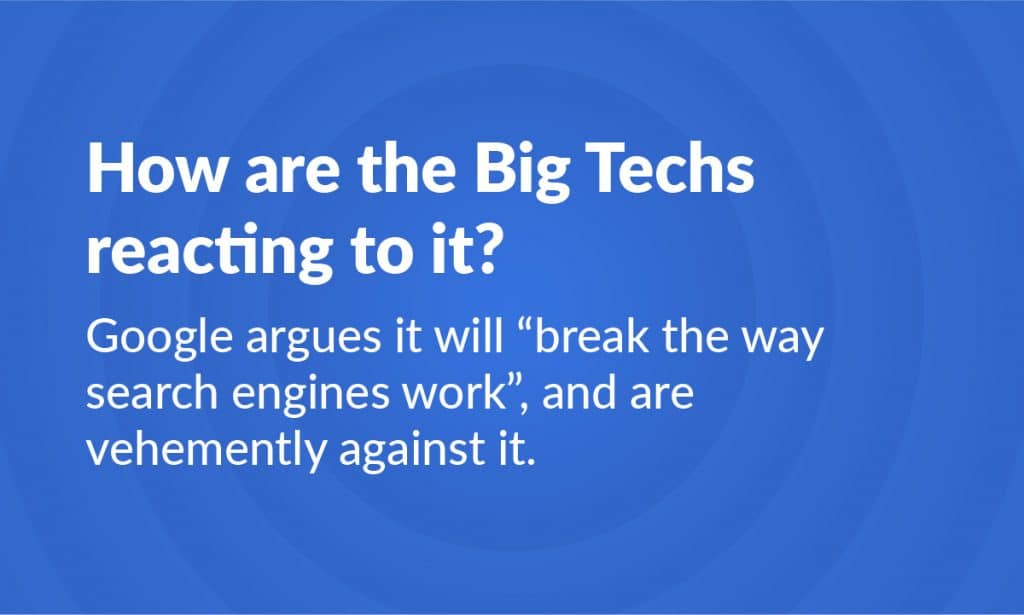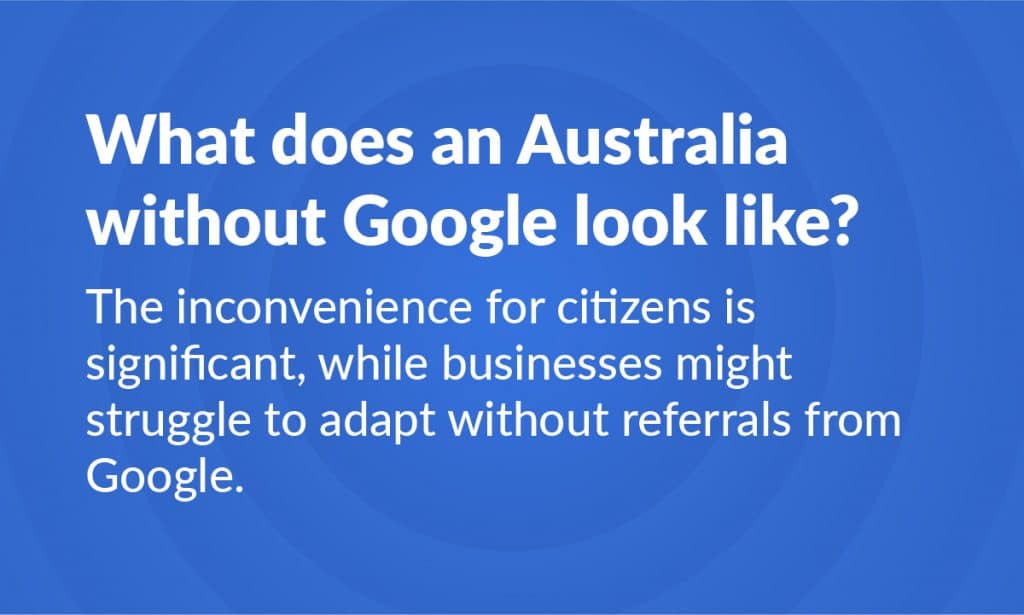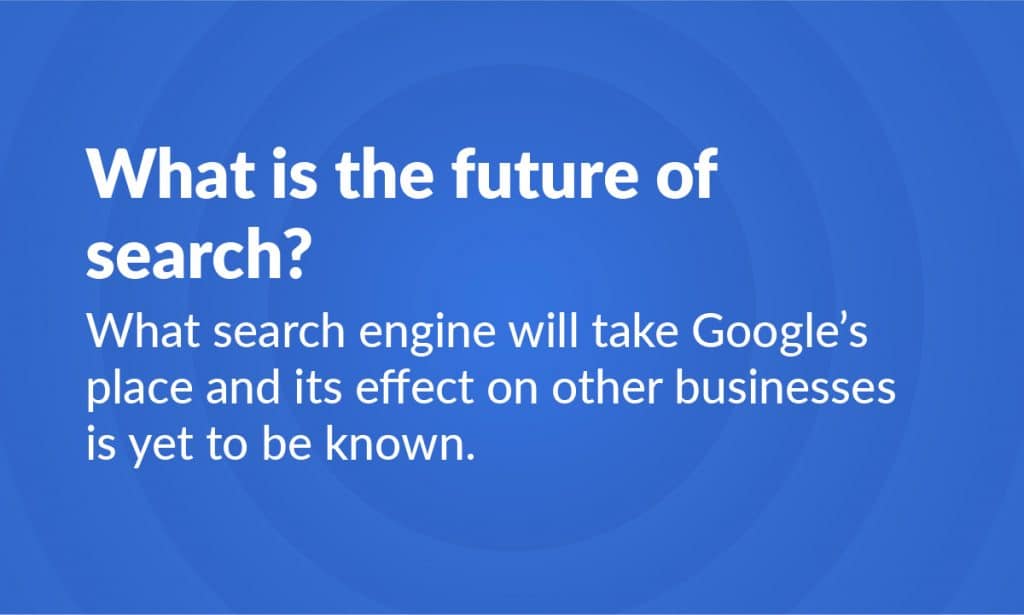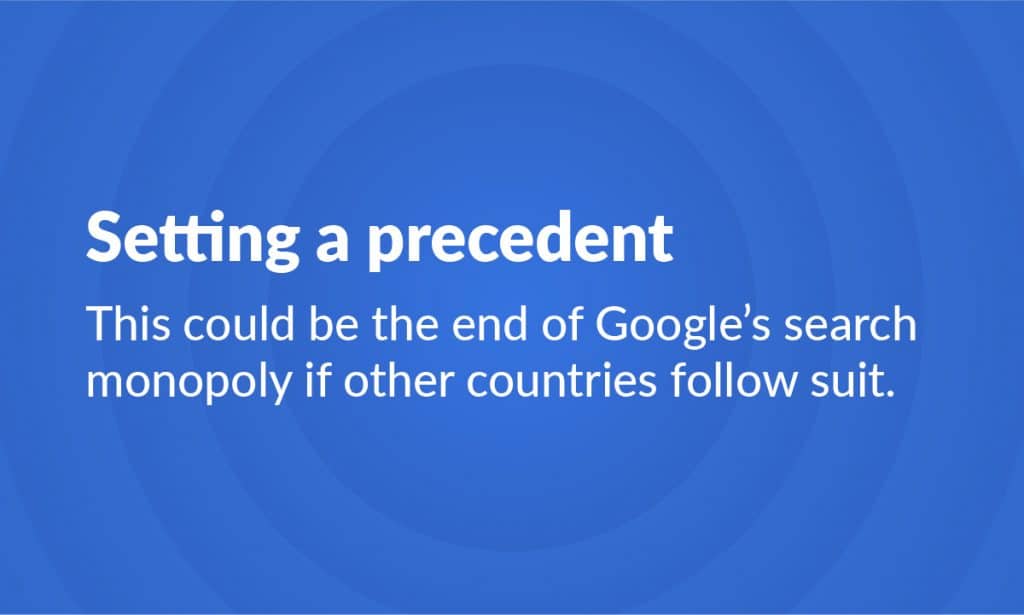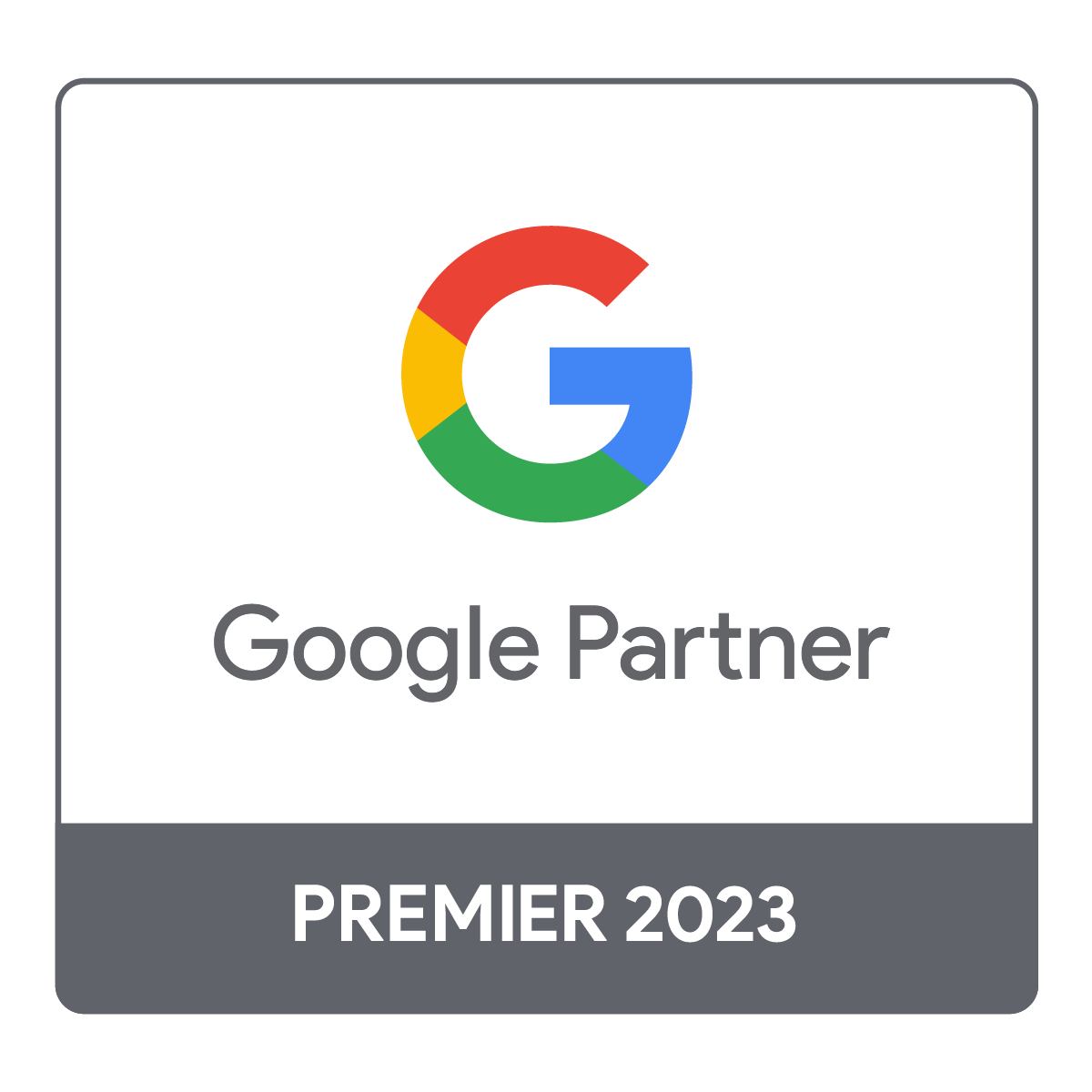Table of contents
By now, you probably have heard about the Apple iOS 14 update that shook up the digital marketing world.
While this change might seem daunting, Facebook has just introduced a handful of updates that will help ease the transition and get your Facebook ads back on track.
Here’s the breakdown of what you can do to save your Facebook ads from a slow, painful death.
(Or, alternatively, you can reach out to us and we can take a look at your Facebook Ads for you. )
What is the iOS 14 update?
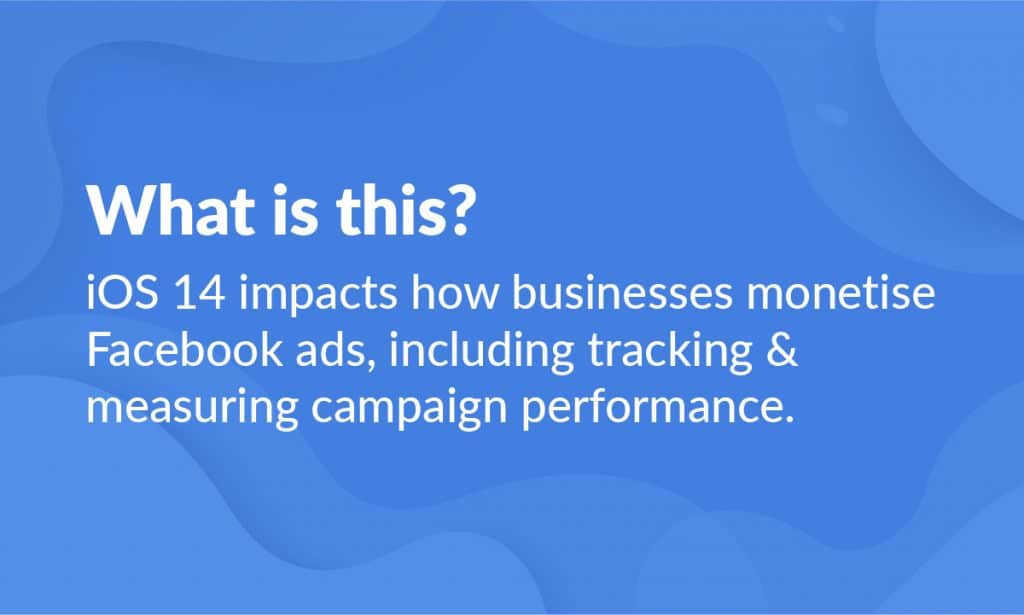
Essentially, all Apps in the App Store must now show a prompt to users granting permission to track their cookies – a massive hurdle for businesses worldwide that rely on ads to reach customers.
What’s more, this update will completely change the way businesses monetise their Facebook ads, including tracking and measuring campaign performance.
What measurements will be affected?
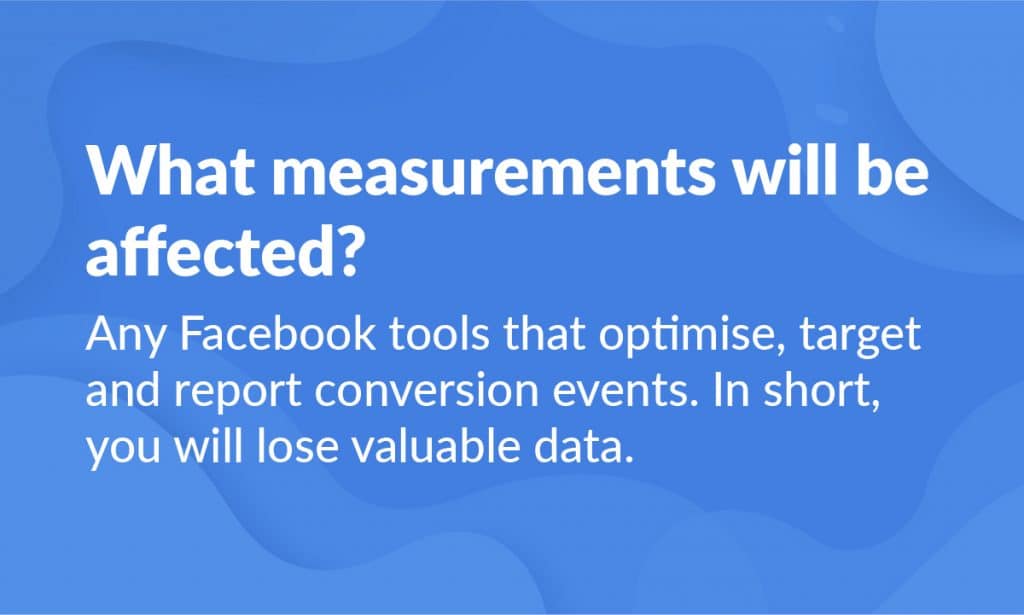
Any Facebook tools that optimise, target and report web conversion events will be affected, including Ads Manager, reporting, and Insights API.
In layman’s terms – this means you are going to lose valuable data. But, have no fear – this is where Facebook SDK and Aggregated Event Management come into play.
How can I track conversions from my app? (2 simple steps)
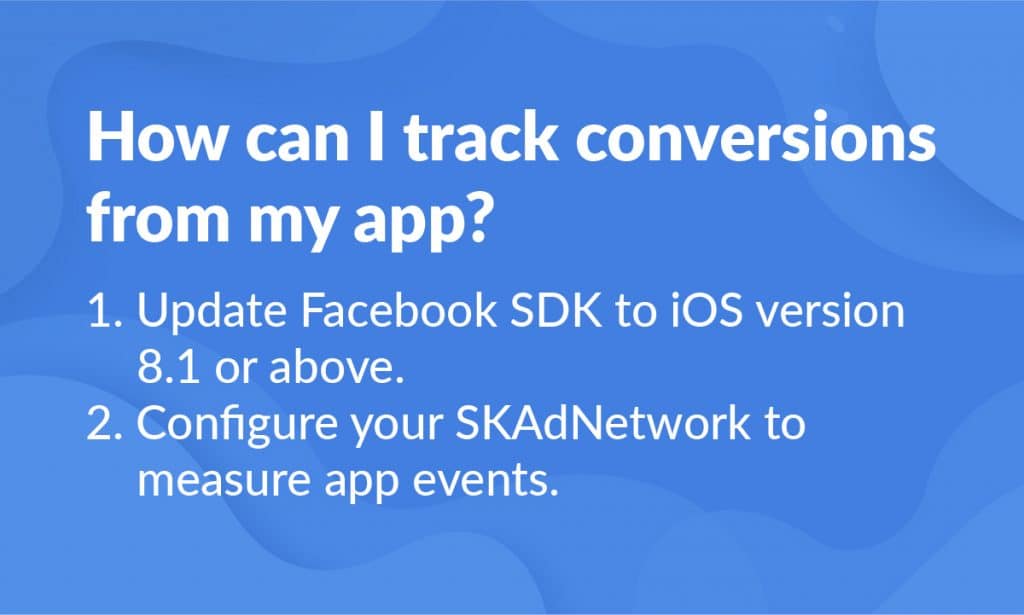
The iOS 14 updates can affect the measurement of business’s app conversions, resulting in data that can be delayed, aggregated, or restricted. Fortunately, Facebook’s SDK updates help support Apple’s iOS 14 networks. Here’s two things you can do to track them effectively.
Step #1: Update Facebook SDK to iOS version 8.1 or above
If you’re looking to track conversions on your business’s app, you need to update your Facebook SDK to the latest iOS version 8.1 or above.
Without this step, you can say goodbye to iOS 14 app install campaigns.
This will enable you to continue measuring app install ads, delivering more personalised ads, and all that good stuff.
Updating Facebook SDK for iOS version 8.1 or above lets you:
- Deliver personalised ads to iOS 14 users
- Measure and optimise conversions on your business’s app
- Receive app conversion events reporting
Step #2: Configure your SKAdNetwork to measure app events
After you update to version 8.1 or above, configure your SKAdNetwork events by using Facebook’s recommended events, importing from a partner app, or customising each event individually through Events Manager. Ensure your app is active in Events Manager and simply:
Select your app → Click “Settings” → Under “Configure App Events for SKAdNetwork” and click “Set up events” → Choose how you want to configure your event, and get started!
How can I track conversions from my website? (2 simple steps)
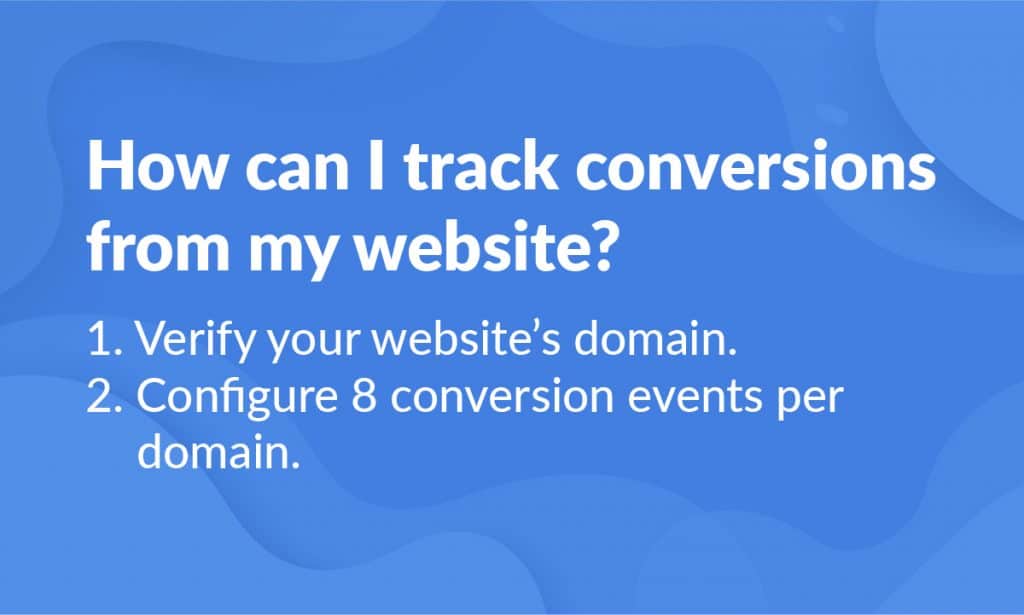
Now that you have your app conversions taken care of, let’s get your website sorted. We’ll do this through Facebook’s Aggregated Event Management.
Step #1: Verify your website’s domain
Verifying your business’s domain is by no means a new process. In fact, we highly recommend it so you can claim ownership and editing permissions. In the case of the iOS 14 update, verifying your domain allows you to have authority over your conversion events from tools such as Facebook Pixel or their other business tools.
Believe me, this is data you want to have.
Step #2: Configure 8 conversion events per domain
The update will only allow you to track a maximum of eight conversion events per domain. That means it’s time to get creative – for you’ll have to make a call on your most important events to get data from.
Pro tip: Set up your events by tracking your customer at each touchpoint of their purchase journey (you’ll thank us later).
Facebook will initially configure the events they believe is most relevant for you based on business activity. Afterward, you should select your own based on your campaign goals through the SKAdNetwork configuration in Events Manager. Remember, priority is KEY.
So, what exactly does this spell for your business?
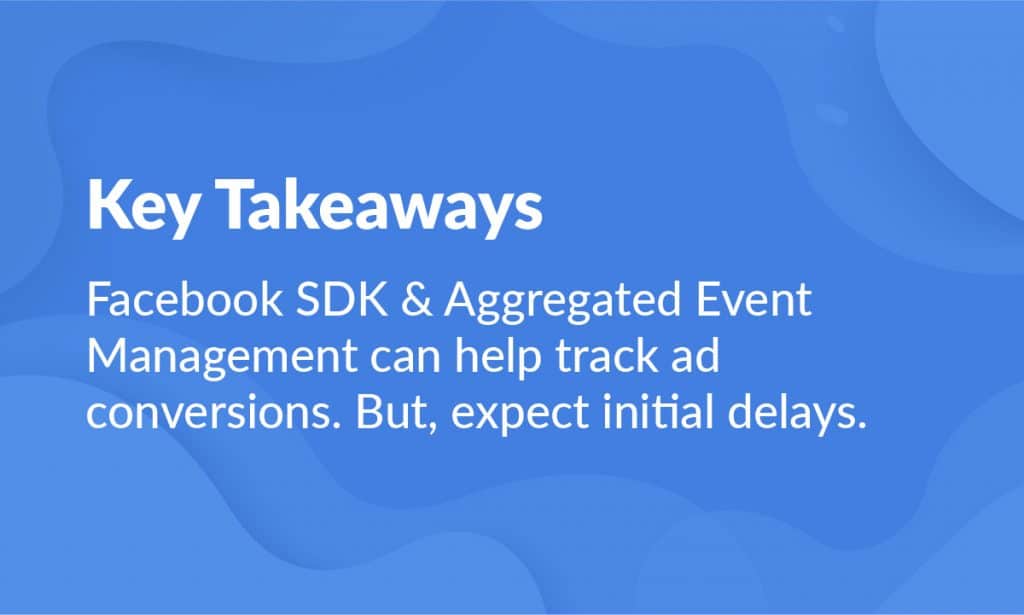
Facebook has implemented new changes such as the SDK update and Aggregated Event Management to help businesses track their web and app conversions. While this helps recover some of the data loss, it might be hard to gauge the updates’ effectiveness – your conversion reports will experience some initial delays.
What we do know is that Facebook is continuously striving to improve their protocols to help advertisers navigate the iOS system, so keep posted as new updates get rolled out.
Other options such as diversifying your ad platforms, using Google Analytics to fill in the gaps, and simultaneously focusing on targeted SEO strategies are great methods to bringing much-needed traffic and sweet conversions to your business.
If you need help optimising your digital strategies (and oh boy, is it important), a professional digital marketing agency can help. At First Page, our team of performance media specialists are always the first to know about the latest happenings – equipped with a solid game plan to help your business adapt.
Want to learn more about this update or need help with your Facebook Ads? Get in touch with our digital marketing specialists today!


